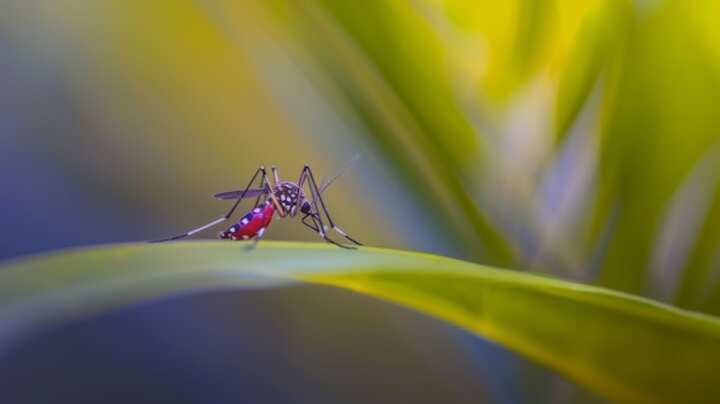
Effective Outdoor Mosquito Treatment in Indianapolis
The growing concern over mosquito-borne diseases has heightened the need for effective outdoor mosquito treatments, particularly in a city like Indianapolis, where the warm and humid climate provides ideal breeding conditions for these pests. Ensuring a safe and mosquito-free outdoor environment is crucial for public health and the enjoyment of outdoor activities. This article explores various strategies and methods that can be employed to control mosquito populations effectively.
Understanding Mosquito Behavior
To effectively manage mosquitoes, it is important first to understand their behavior and lifecycle. Mosquitoes are attracted to standing water, where they lay their eggs. They are most active during dusk and dawn, and their peak breeding season is during warmer months. Knowledge of these habits is the foundation of any successful mosquito control program.
Common Breeding Grounds
- Stagnant water in birdbaths and planters
- Uncovered swimming pools
- Clogged gutters and drains
- Ponds and marshy areas
Prevention Strategies
Preventing mosquitoes from breeding is the first step in controlling their population. Some effective prevention strategies include:
- Regularly emptying and cleaning containers that collect water
- Ensuring proper water drainage in gardens and lawns
- Installing mosquito nets and screens on windows and doors
- Utilizing mosquito-repellent plants such as citronella and lavender
Read more about this topic by visiting this link.
Effective Treatment Methods
When prevention is not enough, various treatment methods can be implemented to reduce mosquito populations effectively:
Chemical Treatments
Chemical treatments are often used for immediate mosquito control. These include the use of insecticides and larvicides.
- Insecticides: Applied to vegetation and outdoor structures to kill adult mosquitoes
- Larvicides: Target mosquito larvae in standing water, preventing them from maturing
Explore further insights here on chemical treatments and their application by clicking here.
Biological Control
Biological control involves using natural predators or pathogens to reduce mosquito populations. This method is environmentally friendly and sustainable.
- Introducing mosquito-eating fish to ponds and water features
- Utilizing bacterial products that target mosquito larvae
Learn more in this detailed guide on biological control methods by visiting this page.
Technological Solutions
Advancements in technology have provided innovative solutions for mosquito control, offering convenience and efficiency:
- Automated misting systems that disperse insecticides at scheduled intervals
- Electric traps that attract and kill mosquitoes
- Ultrasonic devices that deter mosquitoes with sound waves
Find additional information here on the latest technological solutions by clicking this link.
Conclusion
Effective outdoor mosquito treatment in Indianapolis requires a combination of understanding mosquito behavior, implementing prevention strategies, and utilizing various treatment methods. Whether through chemical, biological, or technological means, each approach plays a vital role in reducing mosquito populations and protecting public health. For those seeking to explore these methods further, resources and professional guidance are readily available. Ensuring a mosquito-free environment is an achievable goal with the right knowledge and tools.